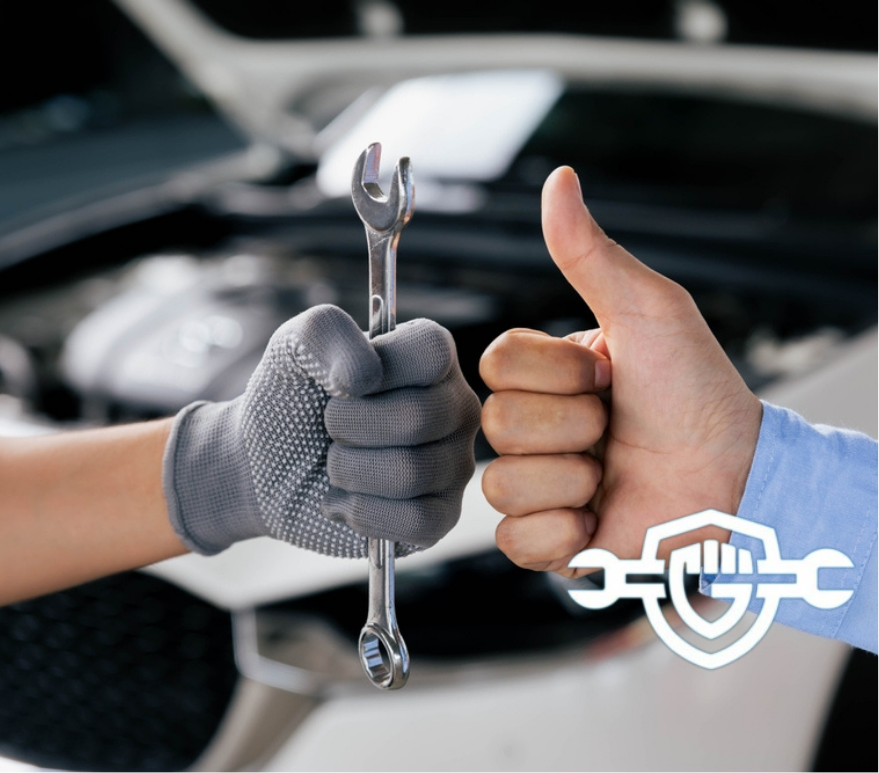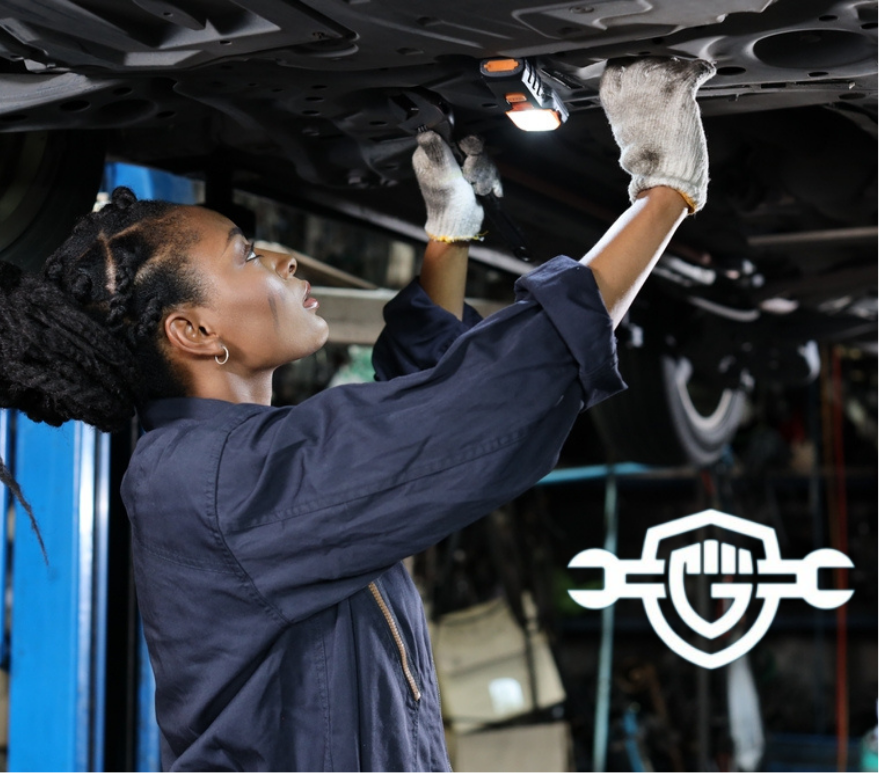What to Expect When Selling Your Auto Repair Shop
Published on
December 1, 2025

Part 2: What to Expect When You’re Thinking of Selling Your Auto Repair Shop
This article is part of our series, “The Real Story of Selling Your Shop: A Step-by-Step Guide for Auto Repair Business Owners.” We created this series to help shop owners like you understand what really happens during the selling process—and how to make it smoother, more profitable, and less stressful. If you missed it, start with our series introduction here.
Selling Your Shop: The First Steps Matter
Selling your auto repair shop isn’t just a business transaction—it’s a deeply personal decision. Your shop represents years of hard work, dedication to customers, and commitment to your employees. Deciding to sell can feel overwhelming, but understanding what to expect during the early stages can make all the difference.
It’s also important to understand that until you sign on the dotted line of the agreement, nothing is final. Having preliminary conversations with potential buyers or conducting research on the process can help you better understand your options and prepare yourself for a transition without any commitment required from you.
Step 1: Learn About Potential Buyers
Not all buyers are the same. They might be:
· Individual entrepreneurs wanting to run their first shop.
· Competitors looking to expand in your area.
· Multi-location operators or investor groups growing their footprint.
Think about which type of buyer would best care for your employees, customers, and the reputation you’ve built. Money matters, but alignment on values and vision often leads to a smoother transition.
Step 2: Protect Confidentiality Early
Talking about selling is sensitive. To avoid rumors or uncertainty:
· Always ask for a Non-Disclosure Agreement (NDA) before sharing any financial or operational information.
· Keep discussions limited to trusted advisors until you’re ready for next steps.
· This protects your staff, customers, and your competitive standing in the market.
Step 3: Organize Your Key Documents
Buyers need information to make a fair and fast offer. Prepare:
· Recent financial statements and tax returns.
· A list of important key performance indicators (KPIs) used to operate and measure business performance.
· Employee rosters and payroll information.
· A list of equipment, tools, and building details.
· Your lease agreement or property documents, and any other important legal documents (contracts, ownership structure, employment agreements, environmental work, etc.).
A clean, well-organized information package makes your business more appealing and speeds up the process.
Step 4: Talk to Trusted Advisors
You don’t have to go through this alone. Reach out to:
· An accountant, attorney, or bookkeeper familiar with business sales.
· A business broker with auto shop experience (although understand that in many cases brokers will be incentivized to enter into a fee arrangement with you to represent you in the sale process).
· Other shop owners who’ve successfully sold their businesses.
Their guidance can help you avoid mistakes, set realistic expectations, and feel confident about your next move.
Key Takeaway:
The early stage of selling is about learning your options, protecting your business, and preparing well, not making quick decisions. The better prepared you are, the more likely you’ll have a smooth, efficient sale later.
Next Steps in This Series
· Coming up next: How Much Is My Shop Worth? Understanding the Offer Process – Learn what factors really influence your shop’s value and how to boost your offer.
· Or, if you’re ready to talk confidentially about your options, contact us today.
.png)

